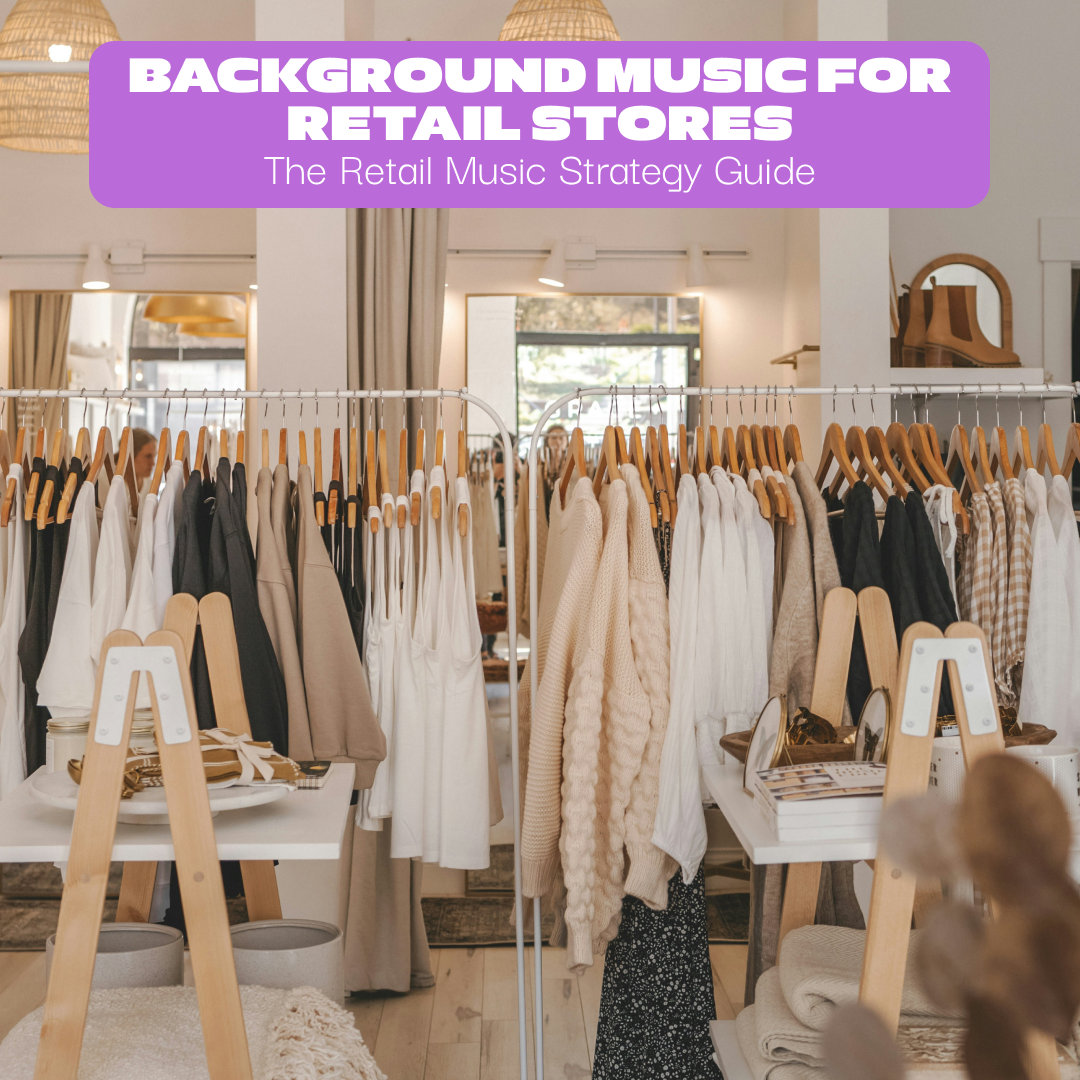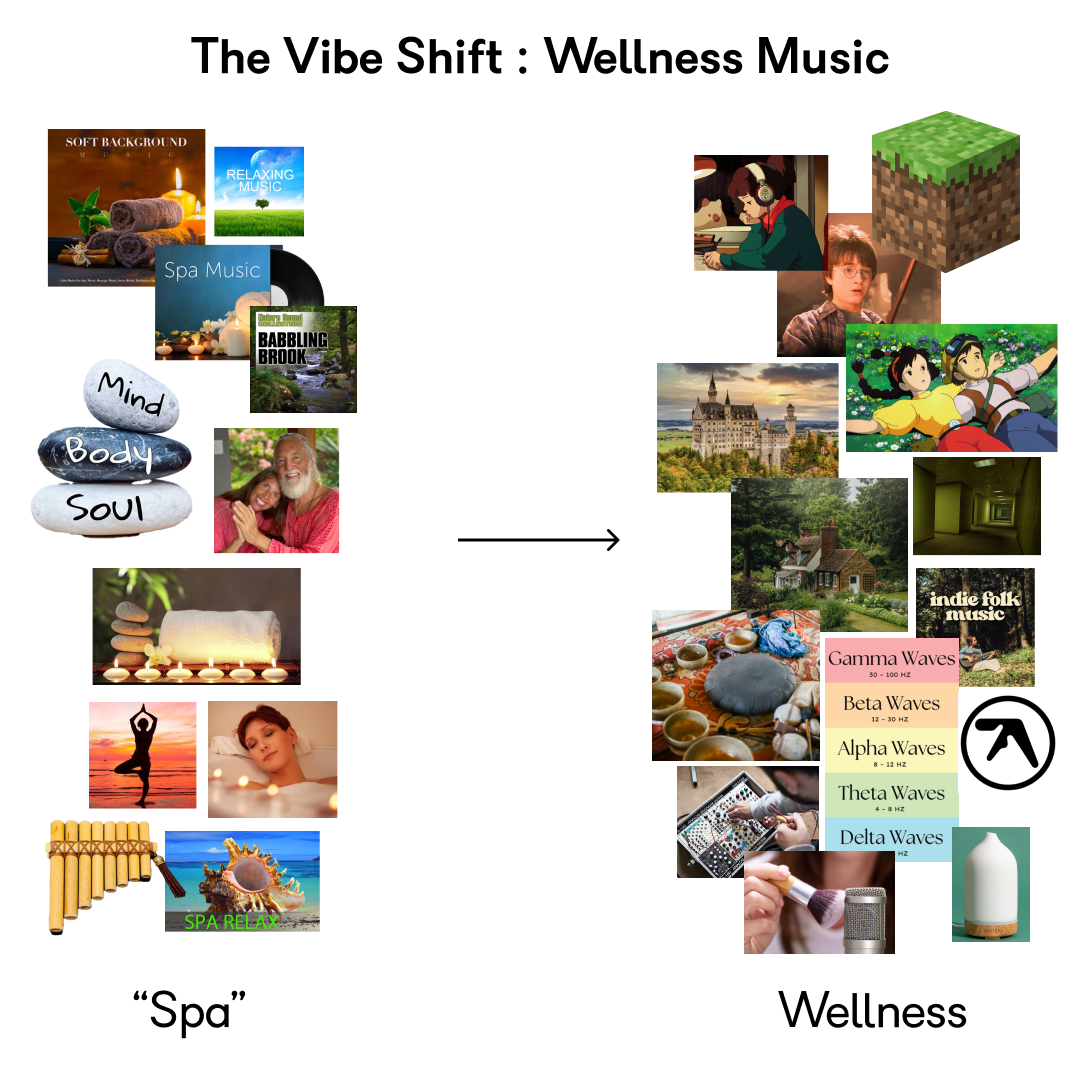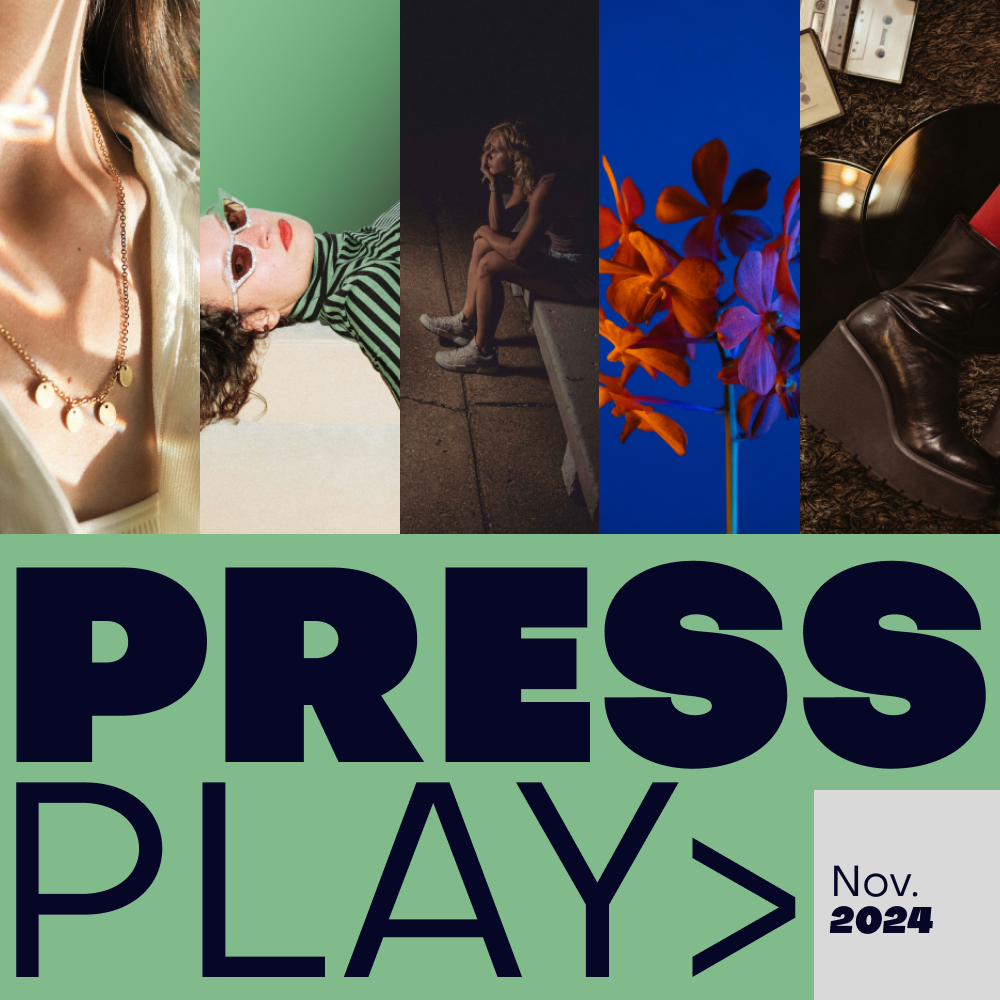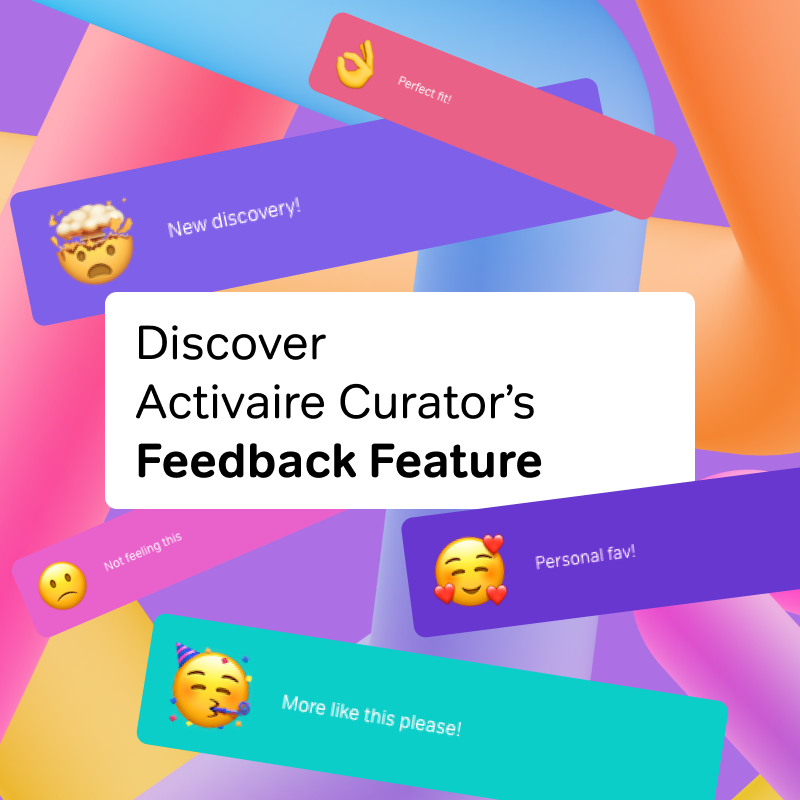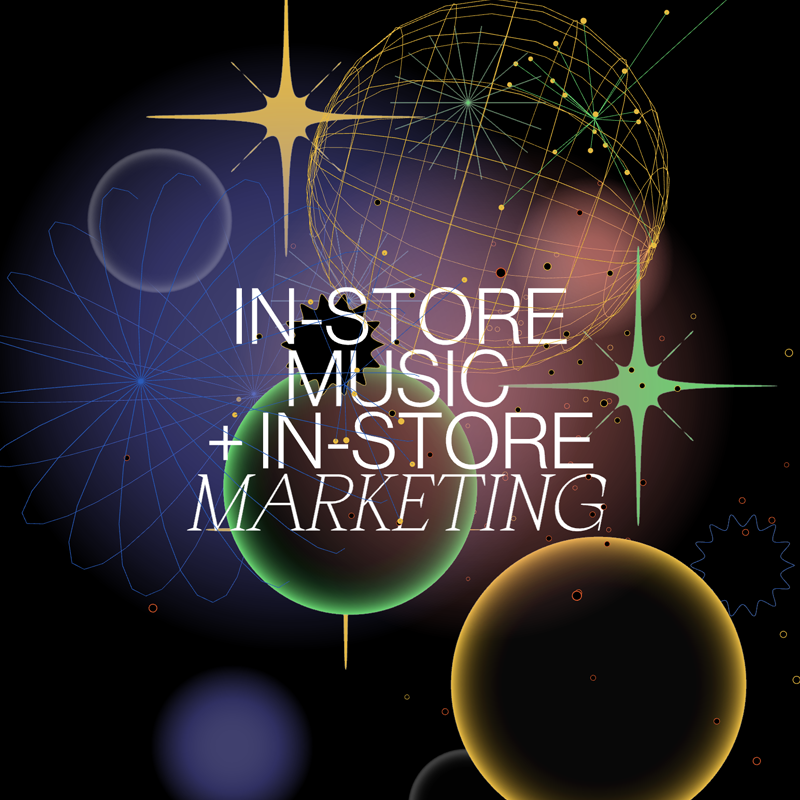Music Licensing for business 101: Learn how it works, and why you need it
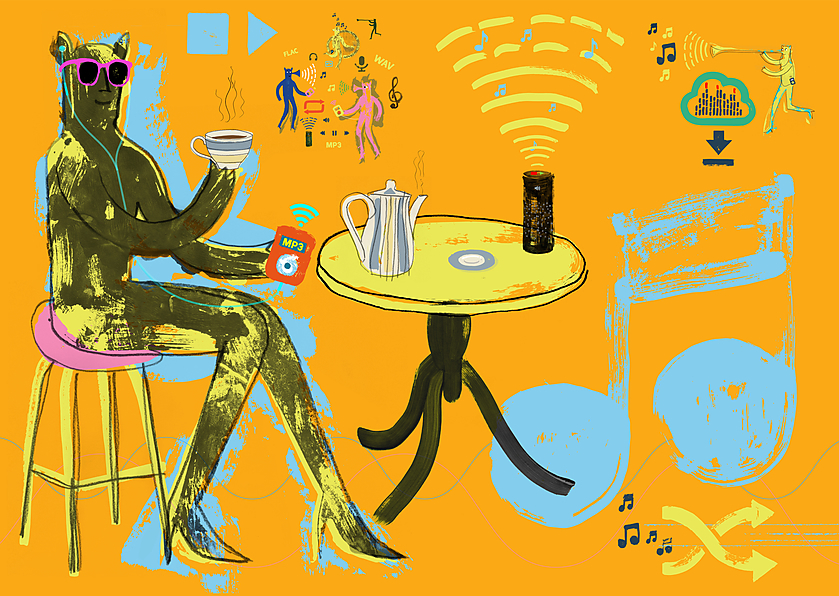
Music licensing is something every business needs to be aware of. Are you playing music in a business or a public space? Do you have a license for that?
It doesn’t matter what part of the world you operate in; if you’re playing music by someone, you’ll likely need to comply with local licensing requirements. Licenses make sure that folks behind those beautiful sounds are rightly paid for the hard work they put into every lyric, melody, and beat.
But it’s not so easy, particularly for companies operating globally. Legislation can be wildly different from region to region, so staying across music licenses in every territory you have a footprint in, well, it becomes a bit of a headache. And no-one wants that from their music.
We make it simple. Every track we deliver is licensed and legal. Better still, our fully licensed content is updated frequently, too. Though we do all of the heavy lifting for you, it’s important to understand just how music rights and music licensing work.
Across the recorded music industry, there are two essential sides to licensing. The first, the Publishing Rights, relate to the composition itself: the musical notes and lyrics that combine to make the piece. The second relates to the audio you actually hear when you’re listening to a track – the Recording Rights. Here, there’d be a completely separate license for different recordings of the same composition.
Let’s take that timeless classic Hallelujah as an example.
The recording rights to Leonard Cohen’s performance of the song are owned by his record label, Sony Music Entertainment. But the recording rights for Jeff Buckley’s mesmerizing cover are held by Columbia Records. Irrespective of the version, Cohen’s publisher, Sony ATV Music controls the publishing rights.
So, if you wanted to play or use the original, you’d need clearance from both Cohen’s record label and publisher. However, if you’d prefer to use Buckley’s version (and yes, it’s a tough call, we know), you need clearance from the Grace singer’s label, Columbia, as well as from Cohen’s publisher, Sony ATV.
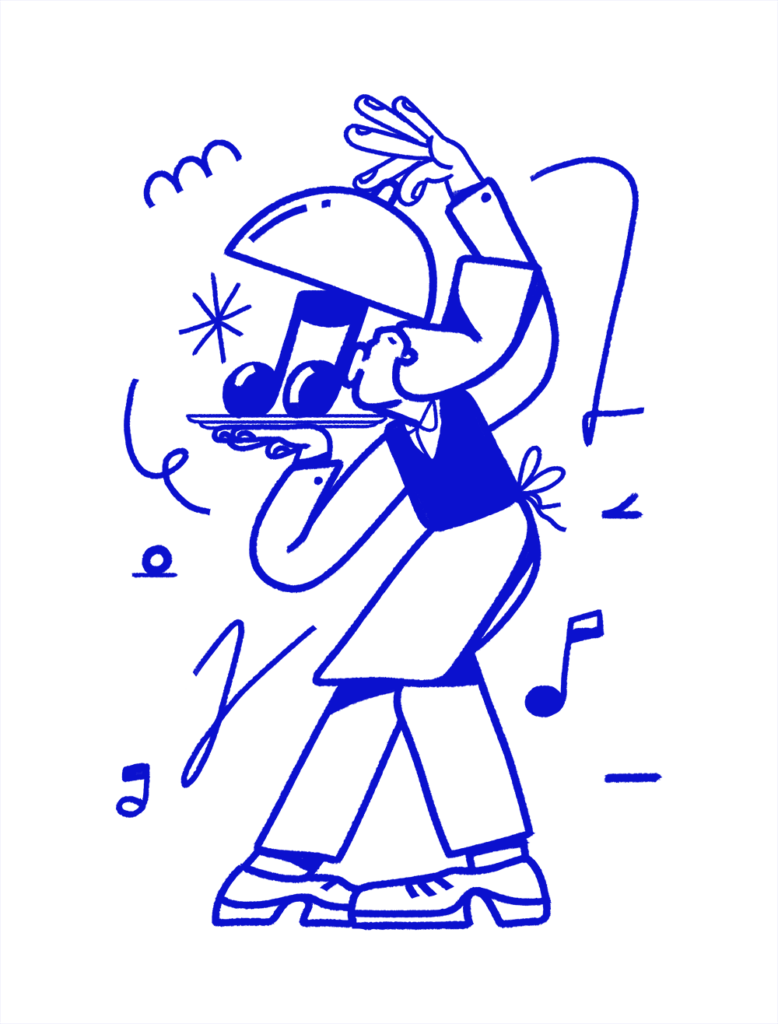
Following? OK, then we get into the specifics of music licensing for business establishments.
Both the service provider (us) and the business using the service (you, we hope) have another two categories to secure. For each song we deliver, we, as a service provider, need a license to serve up the music, one that incorporates both the recording and the publishing rights.
The business playing songs needs a license to use (in legal terms, to ‘perform’) the music, as a service, and again across the recording and the publishing rights. We said this wasn’t easy, didn’t we?
“But surely we can make life simpler and stream from Spotify or Apple Music?” you ask.
Because if you rely on a personal music service such as those in your business, you’re leaving yourself wide open to liability, and seriously, it’s just not worth the risk. Spotify and similar streaming services are not licensed for commercial use.
When you use a licensed music provider like Activaire, you take out the guess-work and ambiguity, so you can get on with what you’re good at. Ahead of every new project, we review your licensing requirements and identify costs. As we operate in 43 countries, we can advise on the varying licensing prices in different regions. No problem.
Fully licensed. Expertly curated. Find out more about Activaire’s background music service now.
